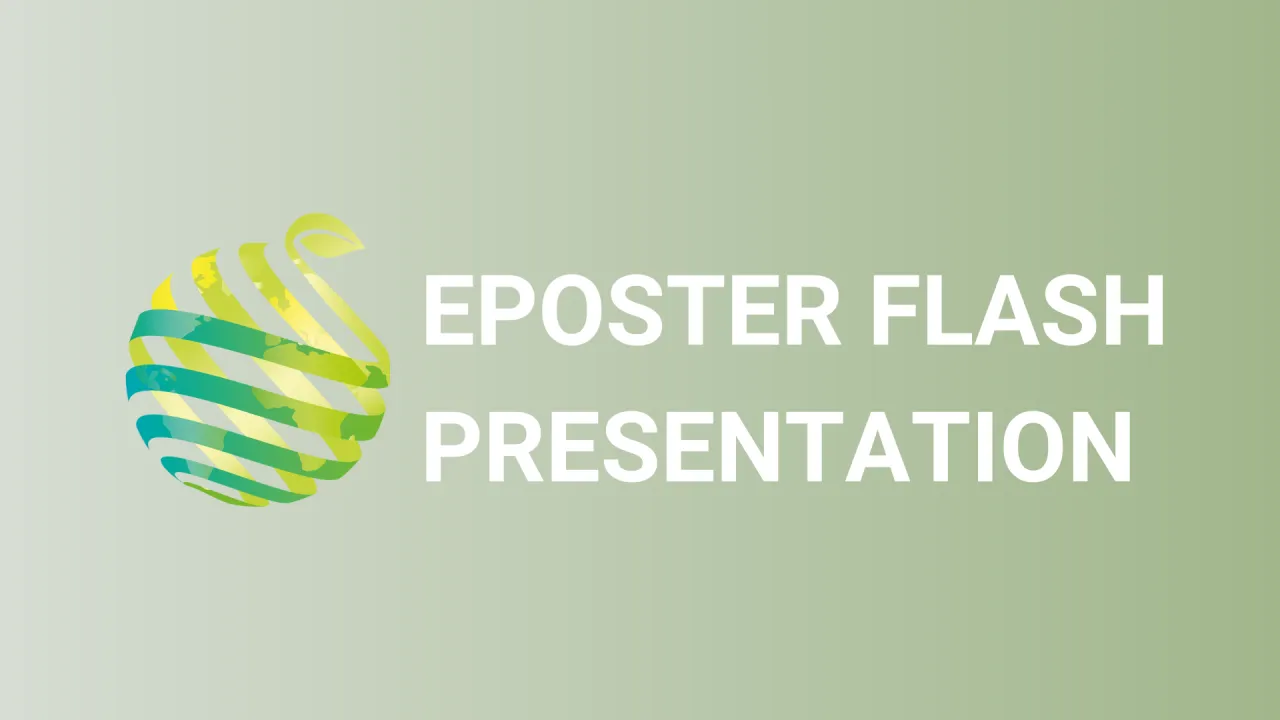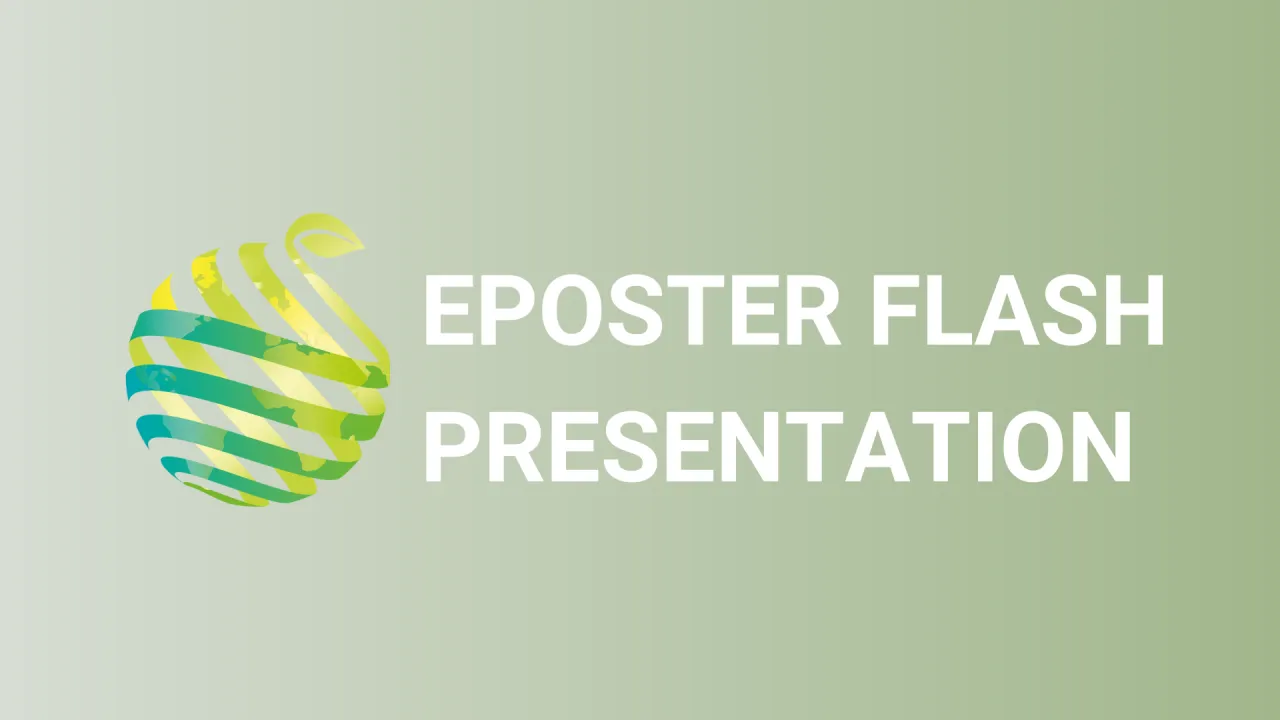

S06 - Session P1 - SERRES+: Towards fossil-fuel-free heated greenhouse system for soilless tomato cultivation
Information
Authors: Etienne Chantoiseau *, Yilin Fan, Lionel Fiabane, Patrick Guérin, Abdelouhab Labihi, Serge Le Quillec, Brigitte Pelletier, Cyril Toublanc, Henry Freulon
Soilless cultivation under heated glasshouse allows high yield with minimal water and phytosanitary consumption. However, the sustainability of these production systems is limited by the energy needed for heating during the cold season. As natural gas is still the main primary combustible used for energy production, the greenhouse gas emission is significant for French production (around 1,6 kg eq CO 2 /kg tomatoes at the farm gate). Moreover, with the end of profitable sale contracts for the electricity produced by cogeneration in France, producers need a new cultivation system that includes an efficient energy management to remain competitive within the current climate and economic challenges. To this end, the SERRES+ project was launched at the end of 2020 with the aim to redesign the heated glasshouse production system of Northwestern France, and optimize the energy management without using fossil resources and with a focus on the thermal and architectural envelope. Indeed, climatic conditions in this area are such that the energy consumption during the cold season could be covered by the excess inputs in summer, but a proper management of the energy is mandatory. Starting from the determination of the crop needs in relation to its yield, new methods of air conditioning and ventilation management are investigated to reduce the energy needs. In parallel, energy conversion and storage systems , including in the building envelope, are examined to define the best combinations to be used at daily and seasonal time scales. At last, a model of the complete system, including the crop, the air properties management, as well as the energy management will be developed to assess the feasibility and the interest of a fossil-free greenhouse system for Northwestern France.